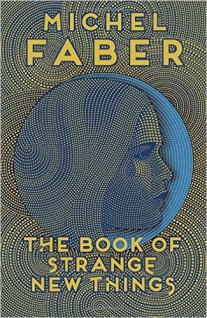There’s nothing more important to aspiring writers than to read a lot unless it’s to write a lot. I often wonder which is more important. Then, one needs to really analyze what one has read and found out what’s good and bad about it. When you’ve figured it out, make notes about what you’ve liked and disliked about it and when writing your own work, use them as guidelines.
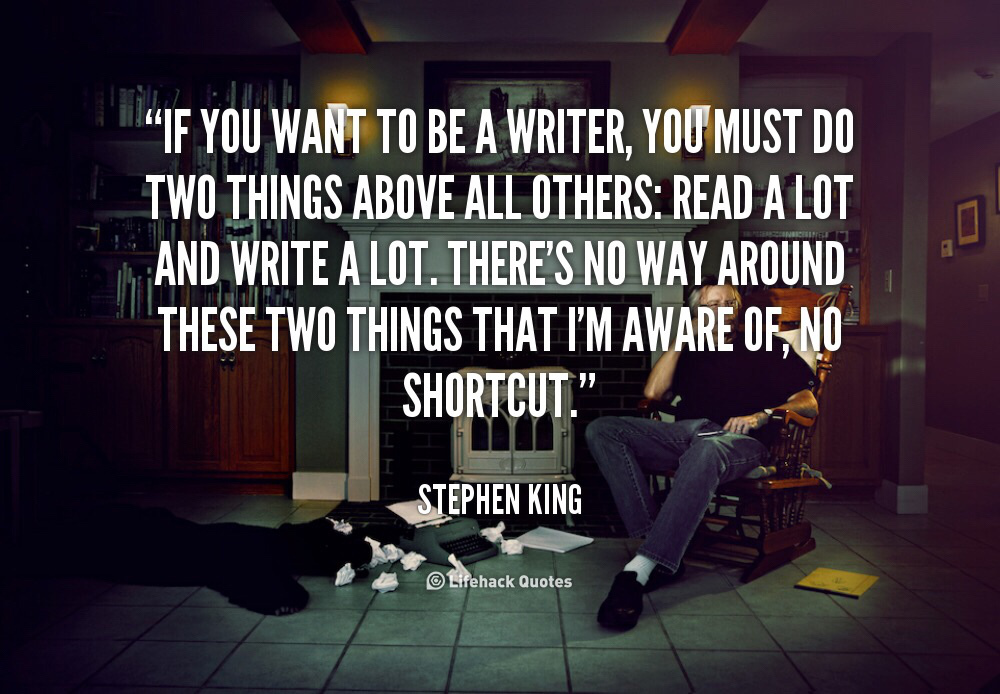
I’m not a genre writer. I write whatever I like which means I can take writing advice from whatever I’m reading, be it mystery, satire, or, in this case, science fiction. Two years ago I read and enjoyed The Martian, after enjoying the film. So I was excited when I learned that Weir was publishing a new novel, Artemis, featuring a permanent settlement on the moon. And when one of my favorite publications (Reason magazine) wrote about it positively, I knew I was going to read it.
So, why did I like The Martian? Part of it is that I saw the movie first and it made it easier to read the book imagining Matt Damon as the titular character. The book expanded on the experience of the movie for me in a positive way.
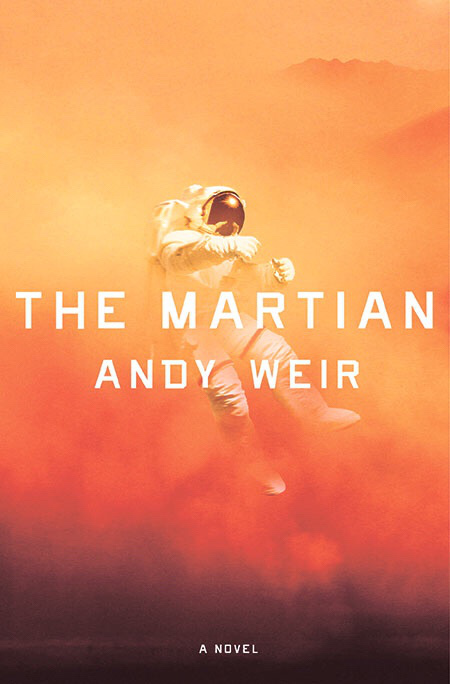
Similarly, Artemis’s MC was very difficult for me to picture. Anytime a male author writes a female lead, it can cause issues. With this one, in particular, it felt like Weir decided at a later point to make the character female, but the beginning descriptions of the character weren’t changed. This made the character feel flat for me. I don’t if the change was made for story reasons, though this seems unlikely, or if Weir wanted to give the readers a little shock at the end of the first chapter, or if an editor said that he needed a strong female character. But it doesn’t feel authentic considering the main antagonist is female. Besides the fact that we know she is a Saudi Arabian woman, there’s no reason for her to be a Saudi Arabian woman.
The Martian has a lot of technical jargon in it, which makes sense considering the book was written by a software programmer who is a self-admitted “nerd.” As he wrote each chapter, Weir posted them online and got feedback to make sure the technical details were as accurate as possible. Knowing this, he kept the plot fast-paced (like a Tom Clancy thriller) and the tone humorous. The slangy way it’s written and the personality of Mark Watney make all the technical jargon easy to digest. And when you keep in mind that most of the people reading this are “nerds” who enjoy that technical jargon, you see why it works.
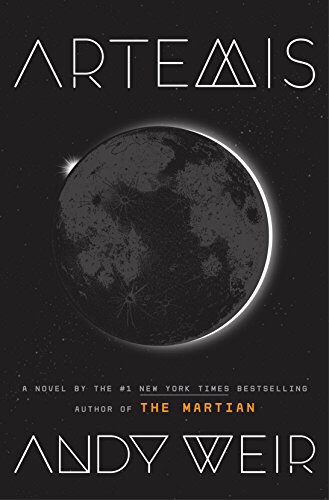
Artemis has a lot of technical jargon as well, but it’s very different. Somehow Weir makes the moon seem less exotic than it should be. A permanent settlement on the moon would be the most amazing thing mankind has ever accomplished, but Weir makes it mundane. The main problem for the protagonist, Jazz, is that she is deeply in debt and becomes involved in a conspiracy. The main problem with Artemis is there’s no reason for it to be set on the moon.
There are many fundamental problems but that is the biggest one. The story of The Martian revolves around the setting on Mars. The story of Artemis does not. So why is it on the moon?
So how does a writer avoid this problem? First, when your first novel is as good and popular as Weir’s was, accept that the sophomore jinx may hit you and if it doesn’t, know that people will slam you for not being as good a second time. Or for veering off in a weird direction. Or for being formulaic. That’s all okay.
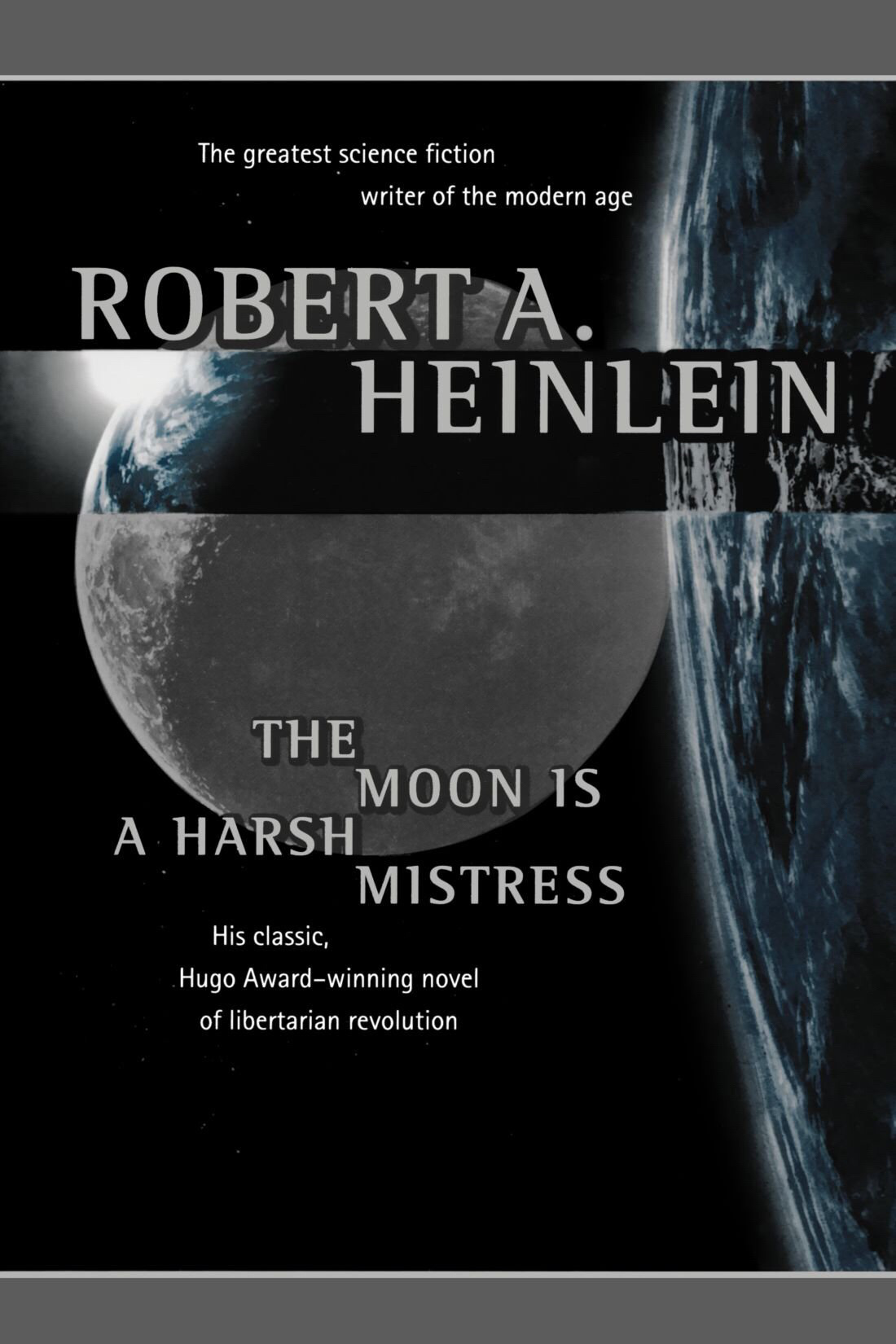
But don’t shoot for the moon (sorry) and think that your next story has to have an element to bring back your readers. There are elements of Artemis that are great. The libertarian society of the lunar settlement reminds me a lot of Heinlein’s The Moon Is a Harsh Mistress, which I’m sure is no accident. But Weir doesn’t really use that element to drive the story. It is simple in all the ways TMIHM is sophisticated.
So when you feel tempted to give your story an odd setting, make sure that setting plays a key role in the plot. Heinlein used the gravity between Luna and Earth as the main plot point in his story. The Martian is Robison Crusoe set on Mars, and while the problems Watney faces are not unique to the setting, the solutions are.
As always, I try to look at how I would’ve solved these problems if I were in the writer’s shoes. First, the novel would’ve been much, much longer. The Martian is 95,000 words. Artemis, with a much more complicated plot, is under 80,000.
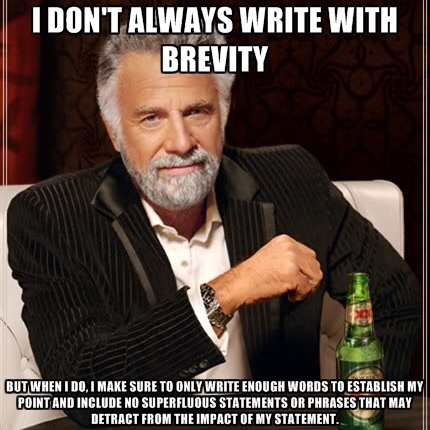
Second, I would’ve gotten rid of some of the characters. Rudy is a cop constantly harassing Jazz, but his contribution to the novel would’ve been better served by someone else.
The opening of the story is slow, and when the novel takes off the pacing feels more cumbersome than exciting because Weir is mixing in technical details with the plot to, I guess, not lose readers who would be bored by those details. I would’ve spent more time explaining the world of Artemis (Weir knows he’s given this short shrift because he includes a map, in the beginning, to avoid boring us).
Lastly, I would make sure that plot has something specific to do with the moon’s environment. The 1/6th gravity, the lack of atmosphere, something. But the idea that the fiber optic must be made in space doesn’t drive it enough because the novel is essentially a murder-mystery that isn’t very mysterious. We never really invest in that part of the story, because the mystery falls flat. Weir would’ve been much better served by abandoning that aspect and finding something else to hang the dramatic tension on, like the animosity between the haves and the have-nots on Artemis. There was definitely a story there.
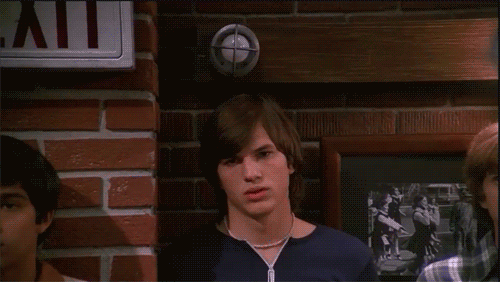
Or maybe make a story about how a group of pioneers establishes that permanent settlement at great cost of money and blood and then new people come in and enjoy the fruits of their labor at a reduced cost. This would parallel nicely with the immigration issues so many countries are dealing with right now.
Artemis is an entertaining story that will probably appeal to juvenile sci-fi fans, but it should serve as a warning to aspiring writers that you need to take your time in world-building and make sure that it directly connects to the story in an important way.
Advertisements Share this:
